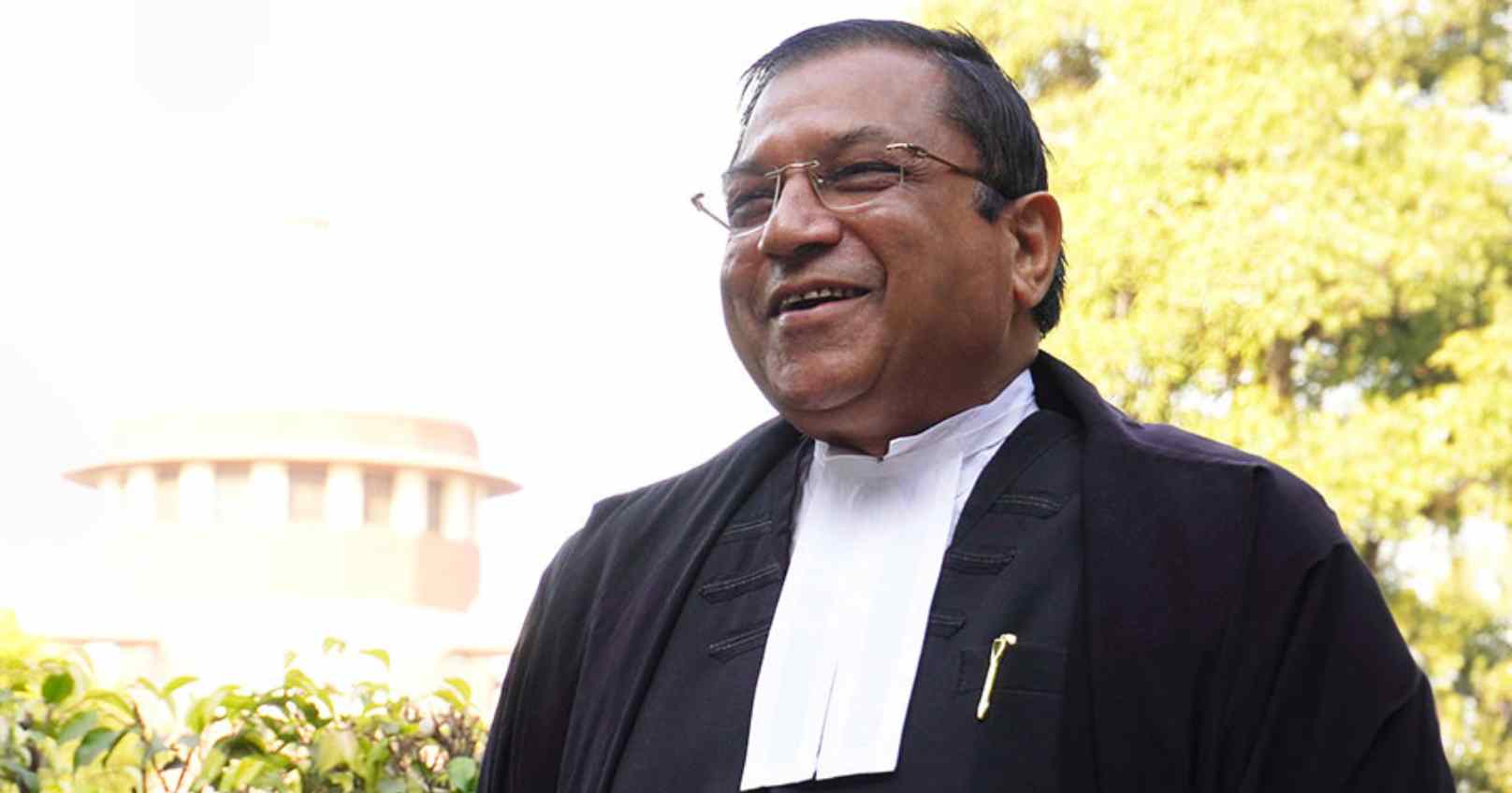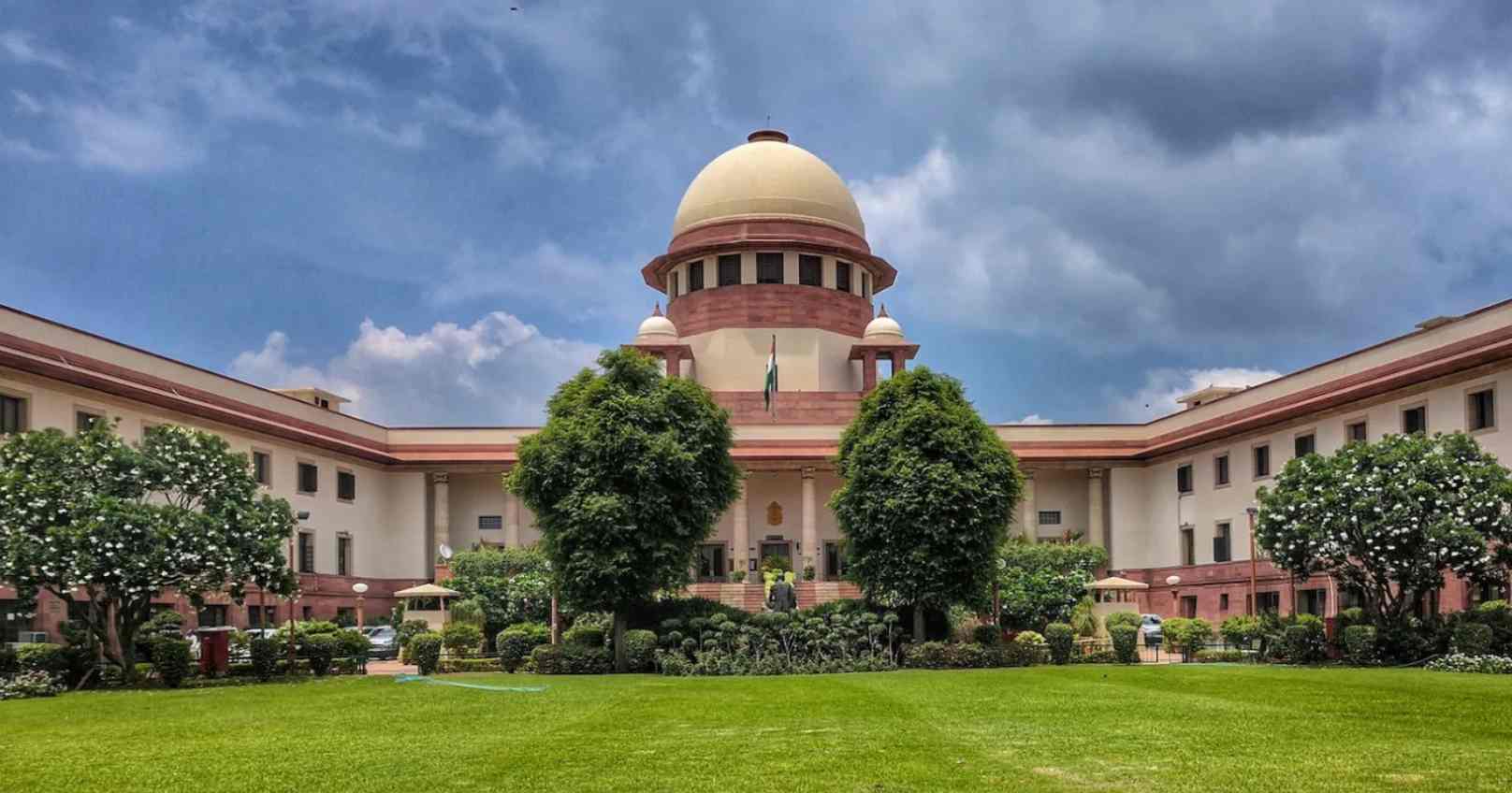In a strongly worded letter addressed to Prime Minister Narendra Modi, eminent jurist Dr. Adish C. Aggarwala has expressed deep concern over recent comments made by BJP MP Nishikant Dubey, which have sparked widespread criticism from the legal community.
Dubey’s remark — “If the Supreme Court has to make laws, then Parliament should be shut down” — has been described by Dr. Aggarwala as “stunning” and potentially damaging to public trust in the judiciary.
Dr. Aggarwala, who is the Chairman of the All India Bar Association, a Senior Advocate, and former President of the Supreme Court Bar Association, highlighted that the Supreme Court acted well within its constitutional mandate when it delivered landmark judgments in 2023 in the cases of State of Punjab vs. Principal Secretary to Governor of Punjab and State of Tamil Nadu vs. Governor of Tamil Nadu. These judgments dealt with inordinate delays in the granting of assent to Bills by the President or Governors under Articles 200 and 201 of the Constitution.
While these constitutional provisions do not specify a timeline for such decisions, the Court, in its rulings, prescribed a reasonable three-month period — beyond which, it held, a Bill would be considered as having received deemed assent. “The Court has acted with caution and restraint,” Dr. Aggarwala noted, emphasizing that no direct orders were issued to the President or the Governors. “These rulings are not an instance of judicial overreach,” he asserted.
The jurist further observed that if the Government holds a differing view on the timeframe prescribed by the Court, the correct approach would be to amend the constitutional provisions through the legislative process. “The Legislature holds the supreme power to make or amend laws. If there is a disagreement with the Court’s interpretation, the Parliament is fully empowered to legislate,” he stated.
However, Dr. Aggarwala cautioned that public criticism from leaders of the ruling party could send the wrong message to the public and disrupt the delicate balance of power between the Executive, the Legislature, and the Judiciary. “Such statements can erode public trust in the judiciary and strain the cordial relationship between constitutional institutions,” he wrote.
Acknowledging the Government's consistent respect for the judiciary in the past, Dr. Aggarwala urged the Prime Minister to counsel party members against making statements that may be perceived as undermining judicial authority. “It is essential to preserve the dignity of our democratic institutions and maintain public faith in the Indian judicial system,” the letter concluded.
The intervention by Dr. Aggarwala comes at a time when tensions between constitutional authorities have begun to surface more visibly in the public discourse. His appeal is seen as a reminder of the importance of maintaining institutional decorum and upholding the spirit of the Constitution.







